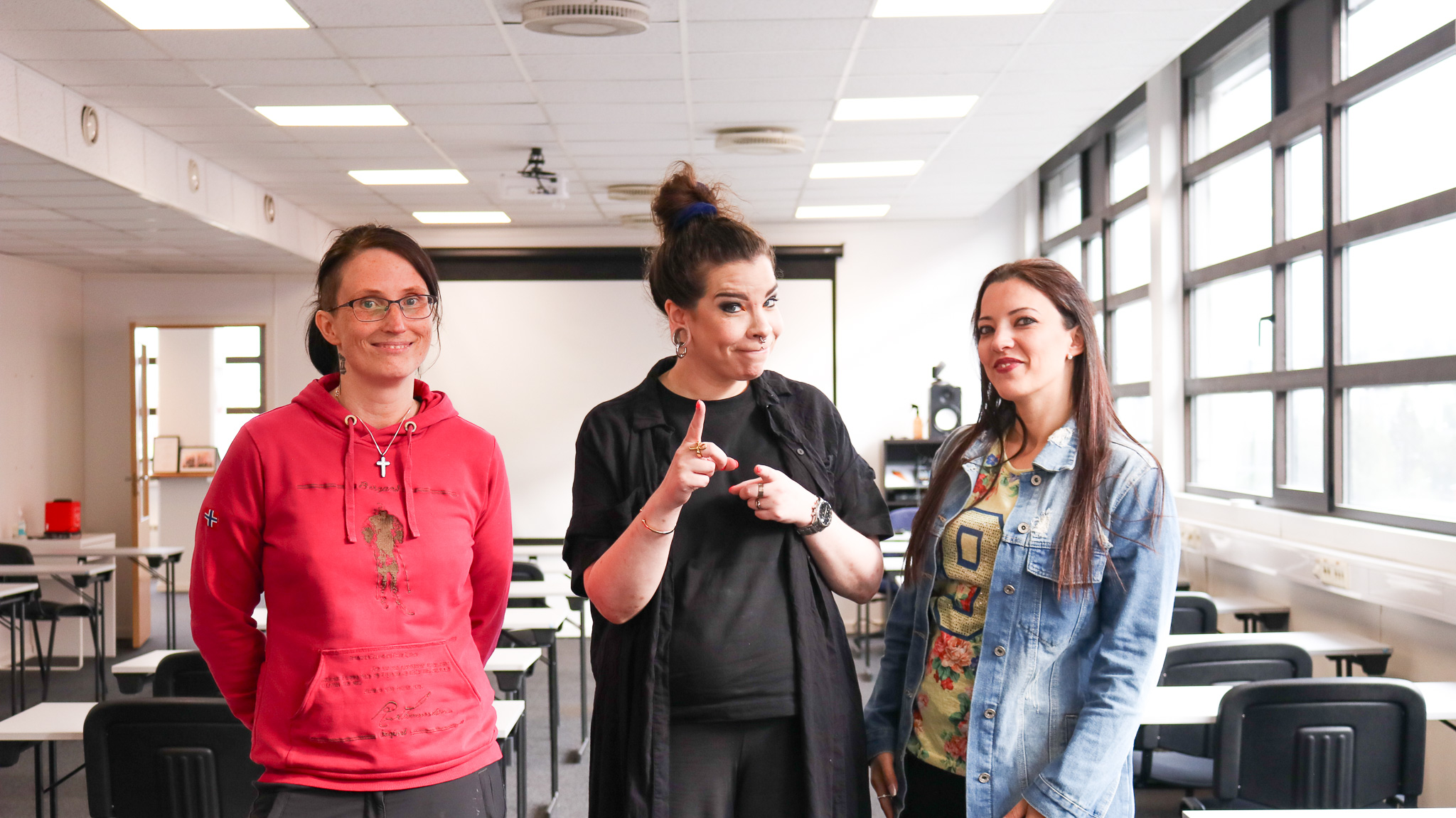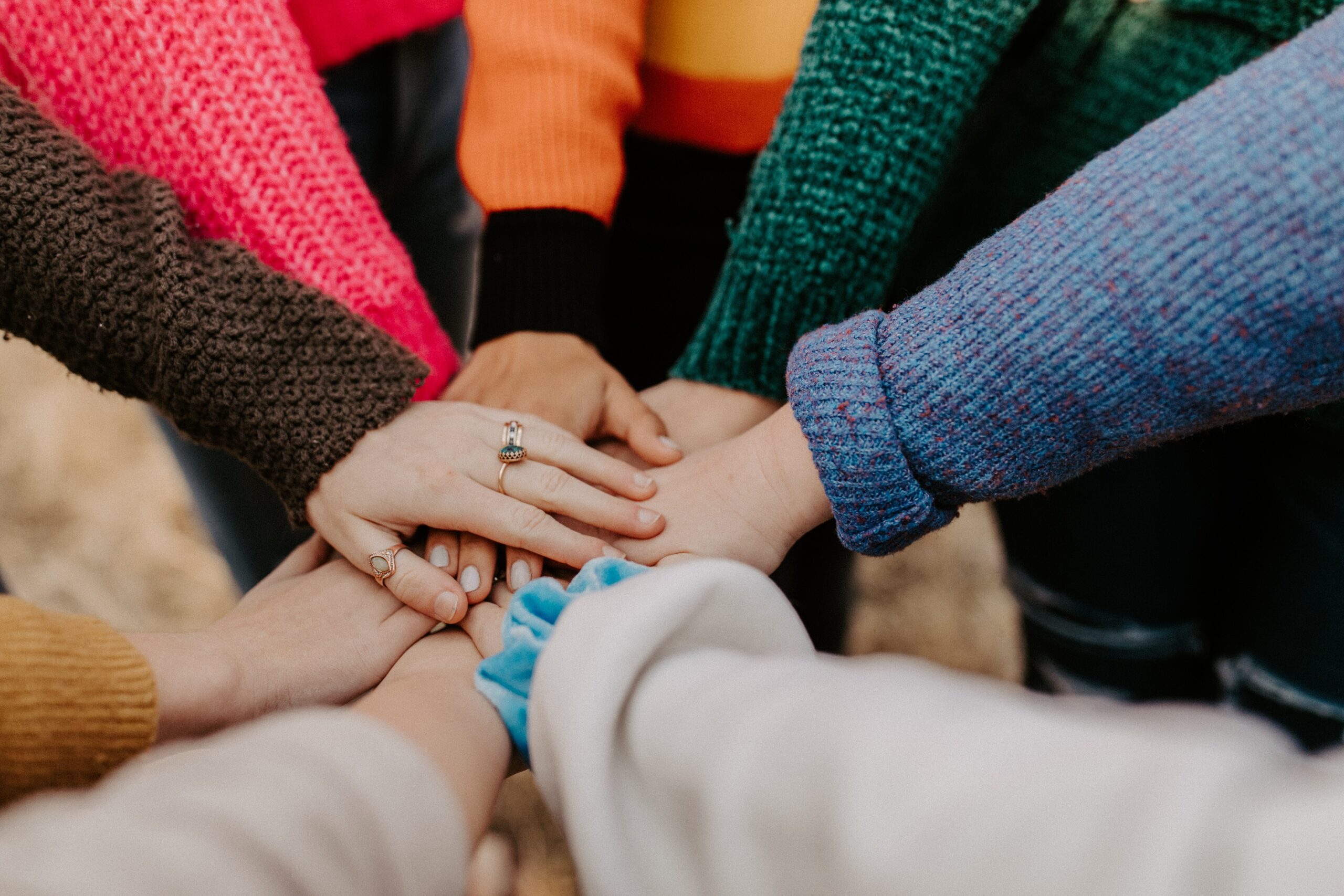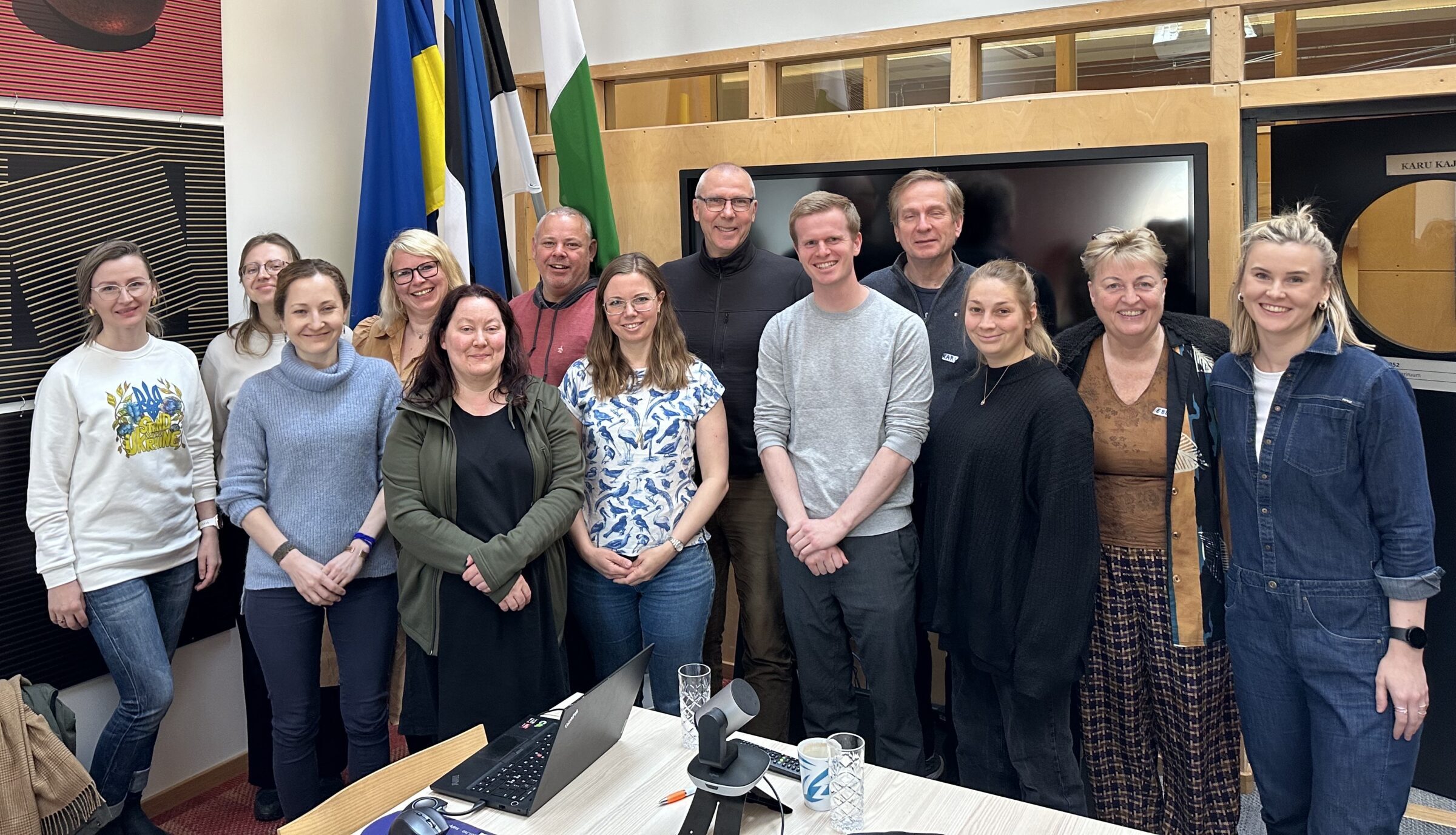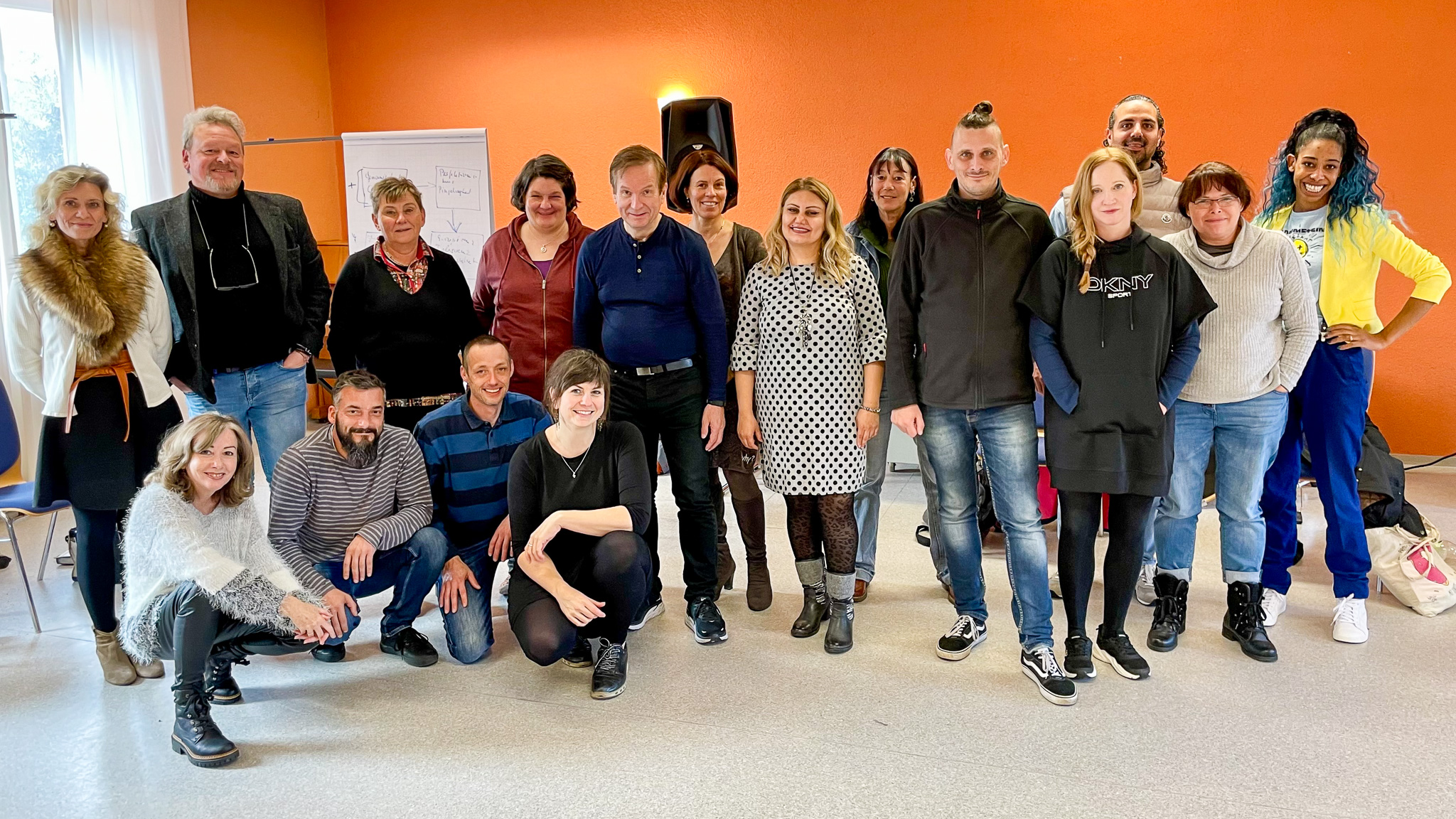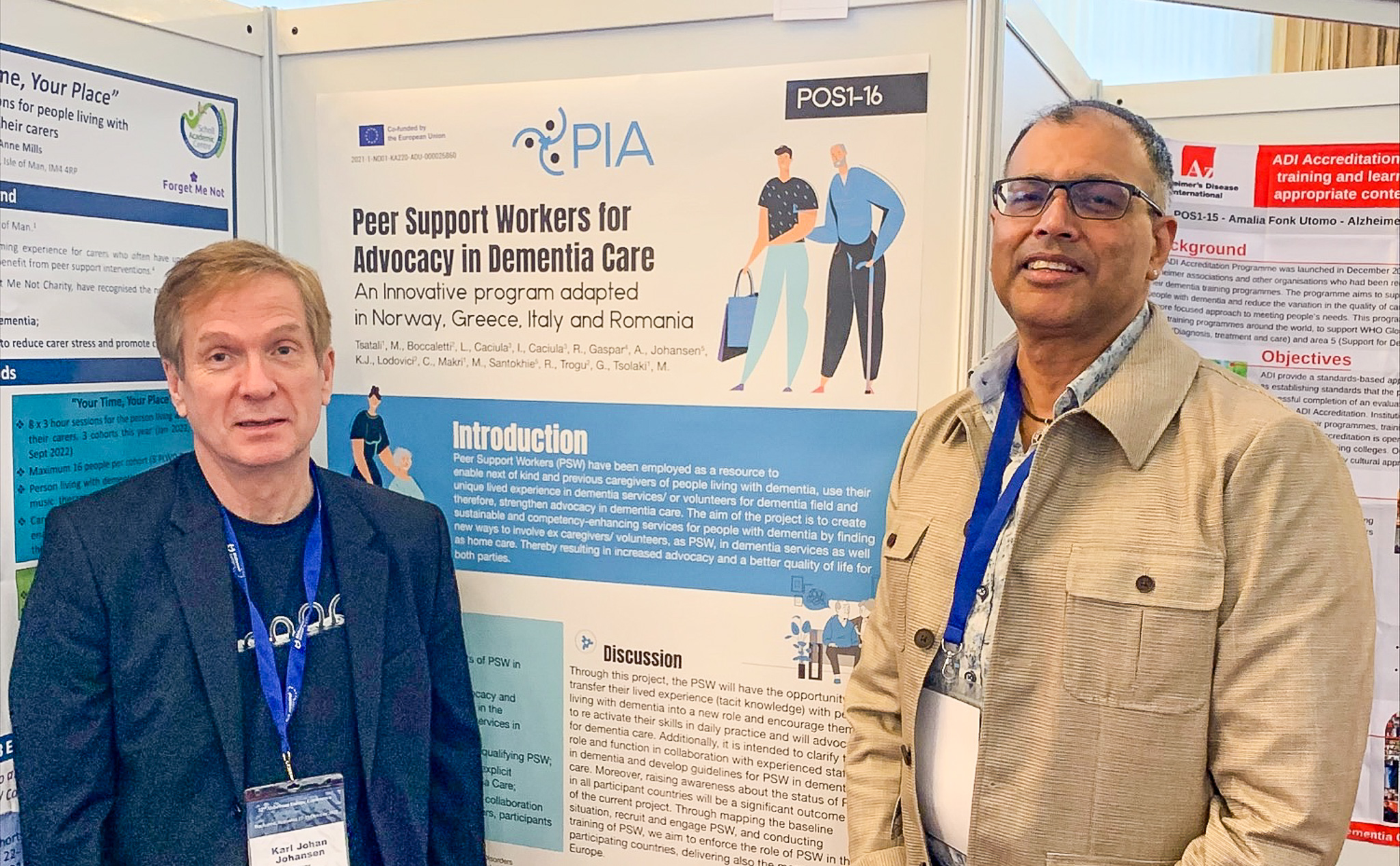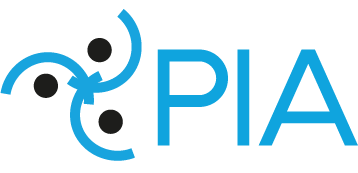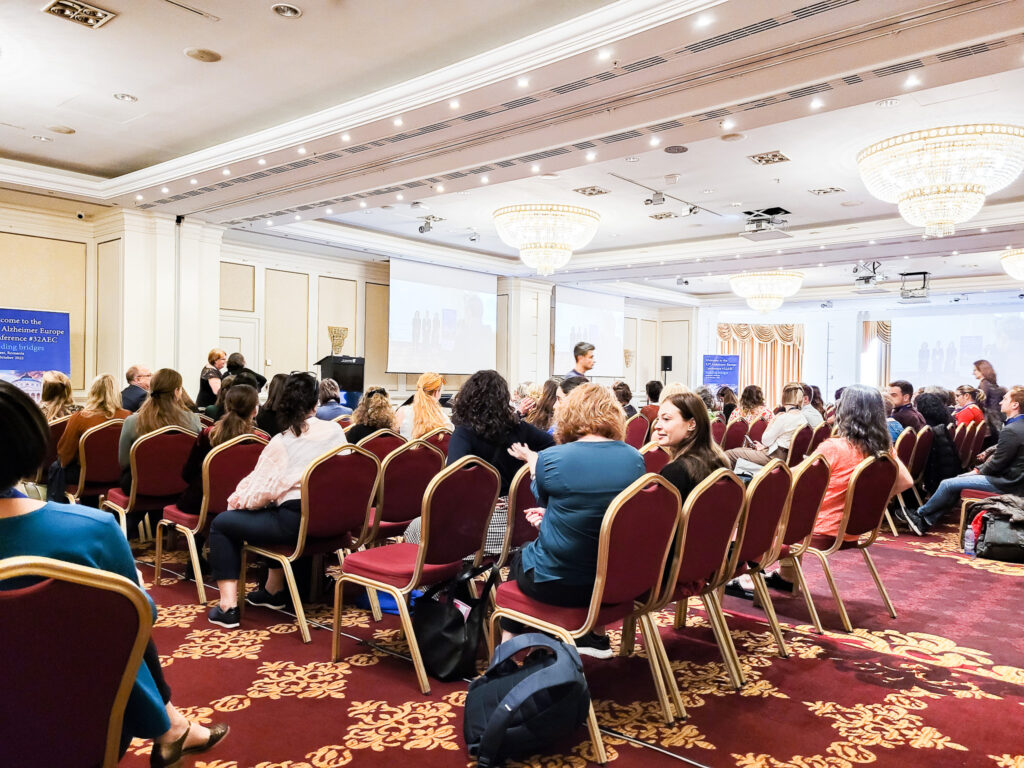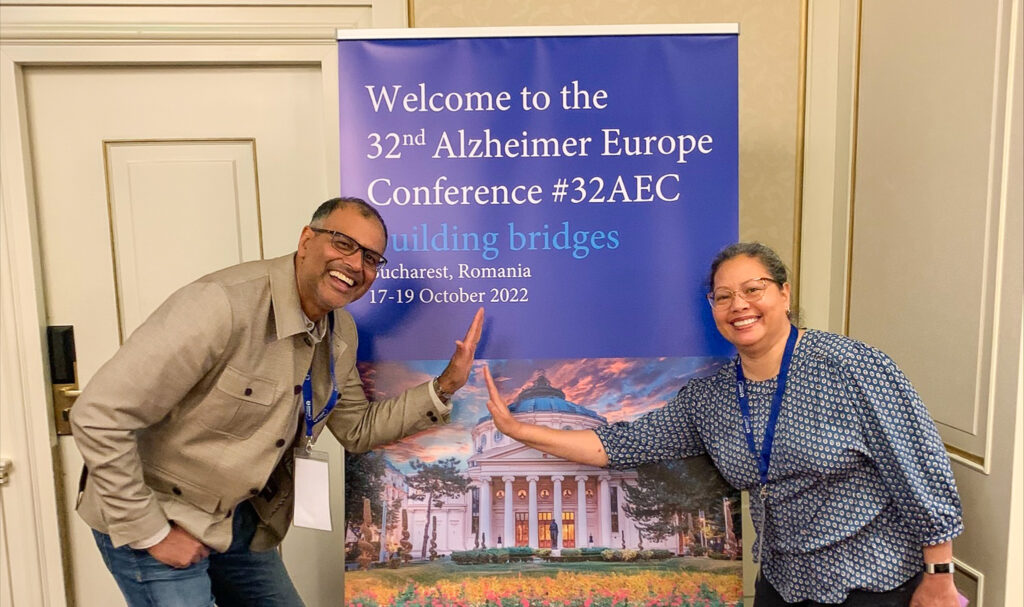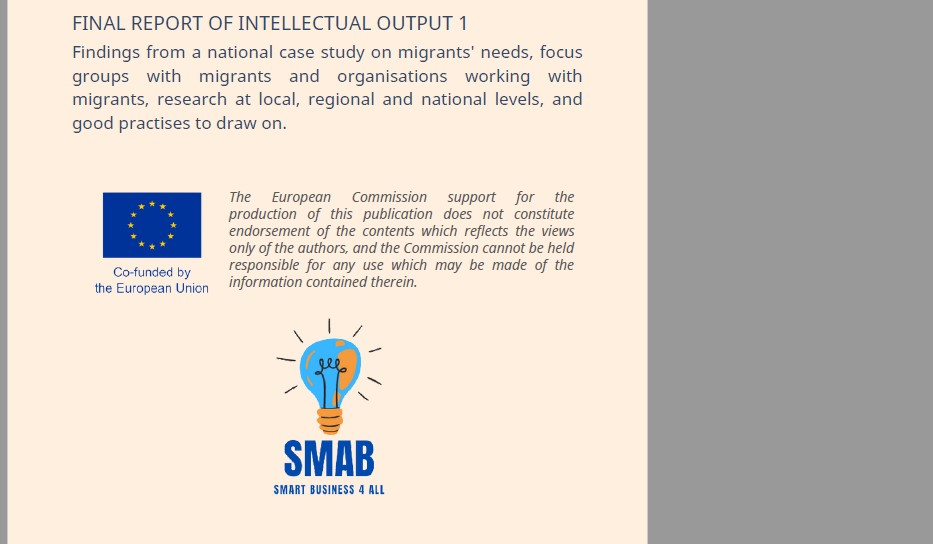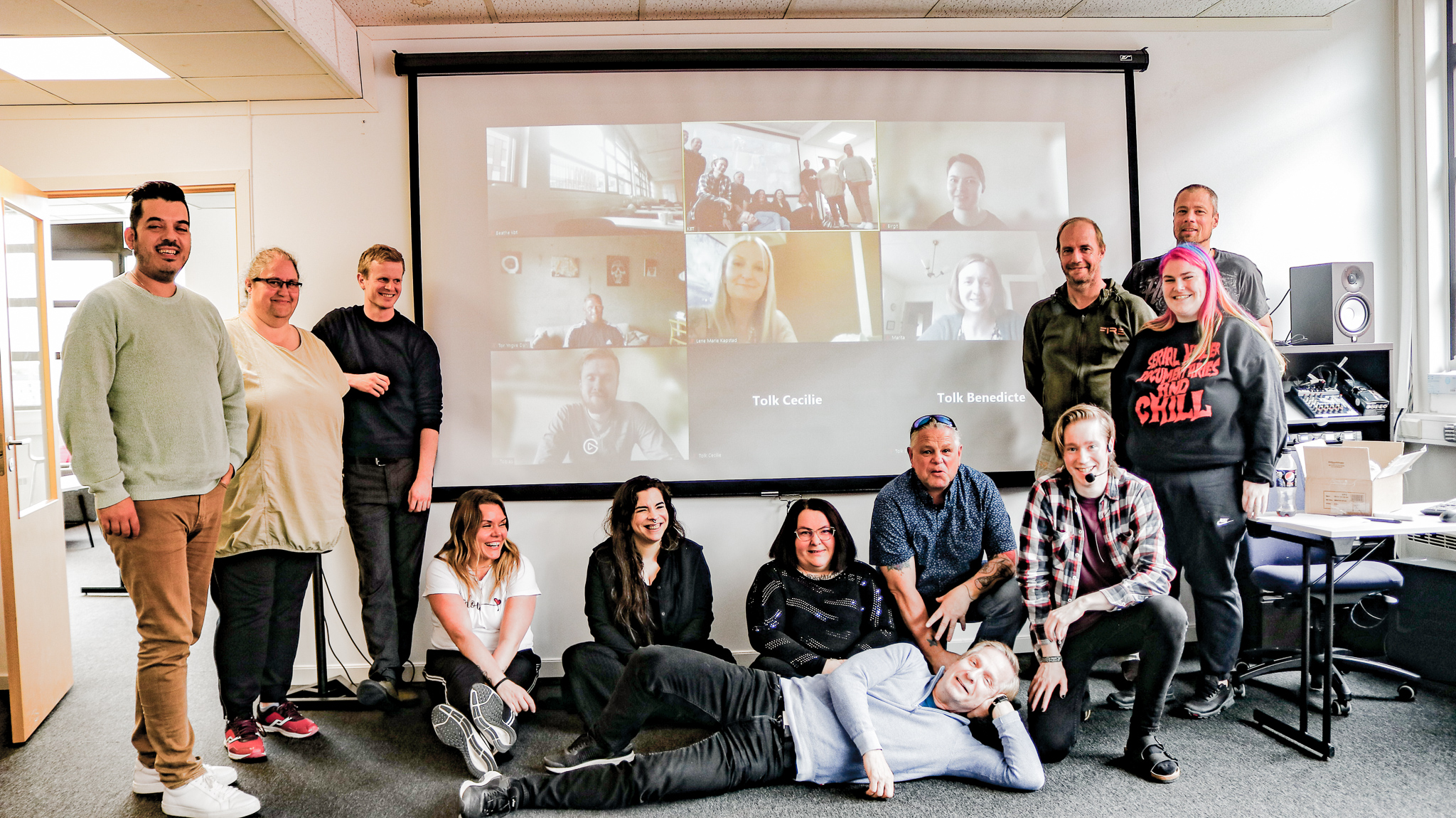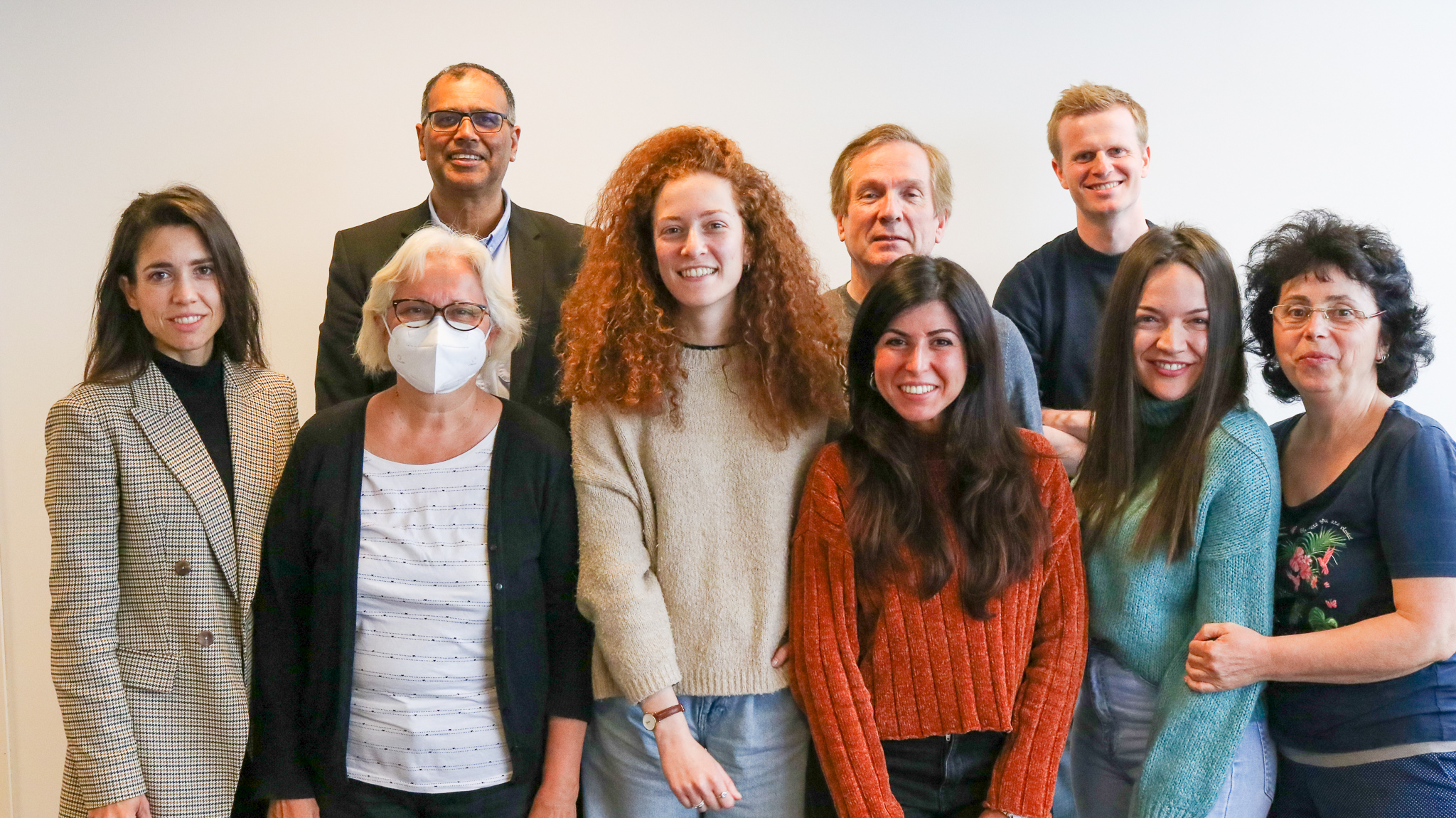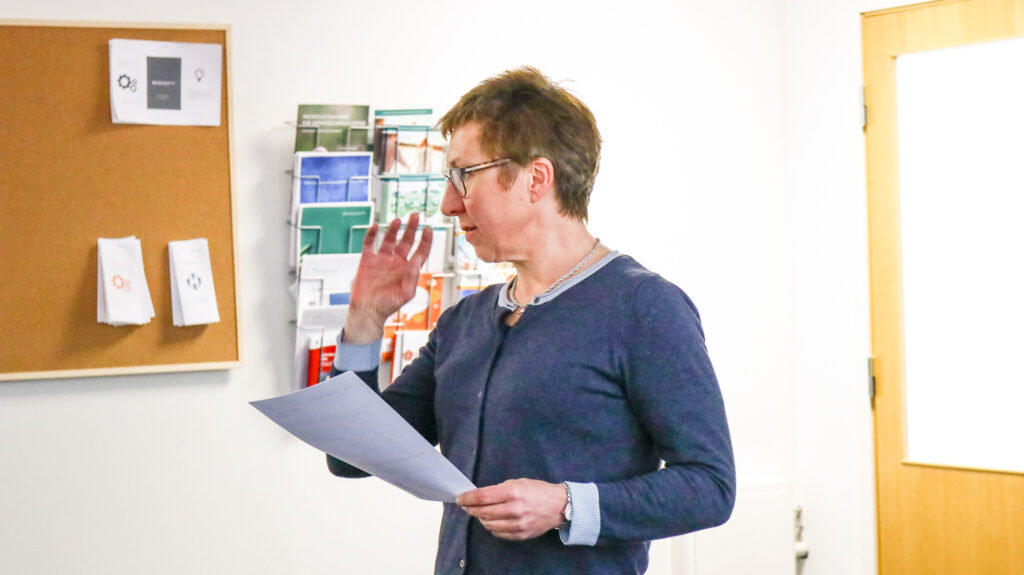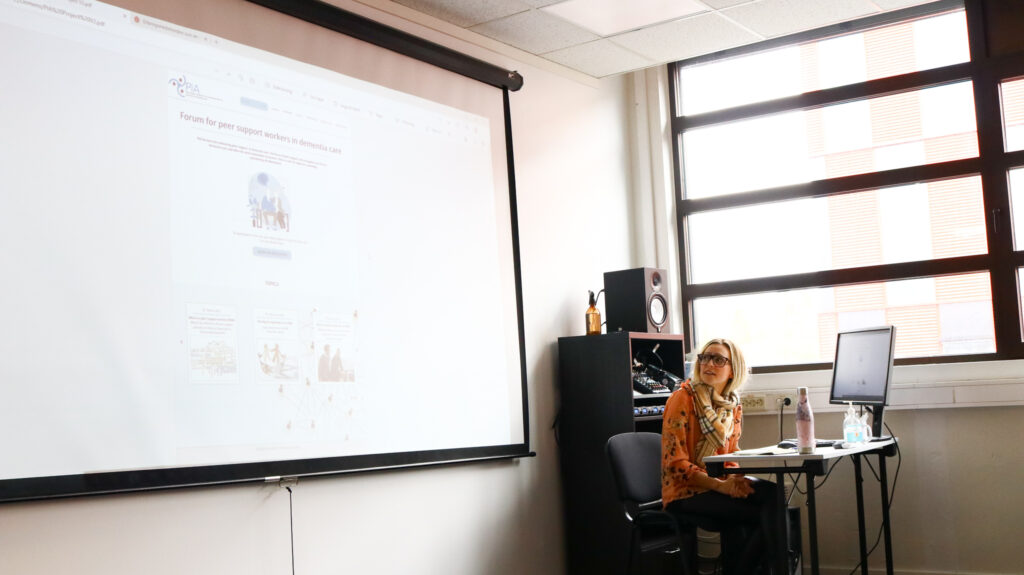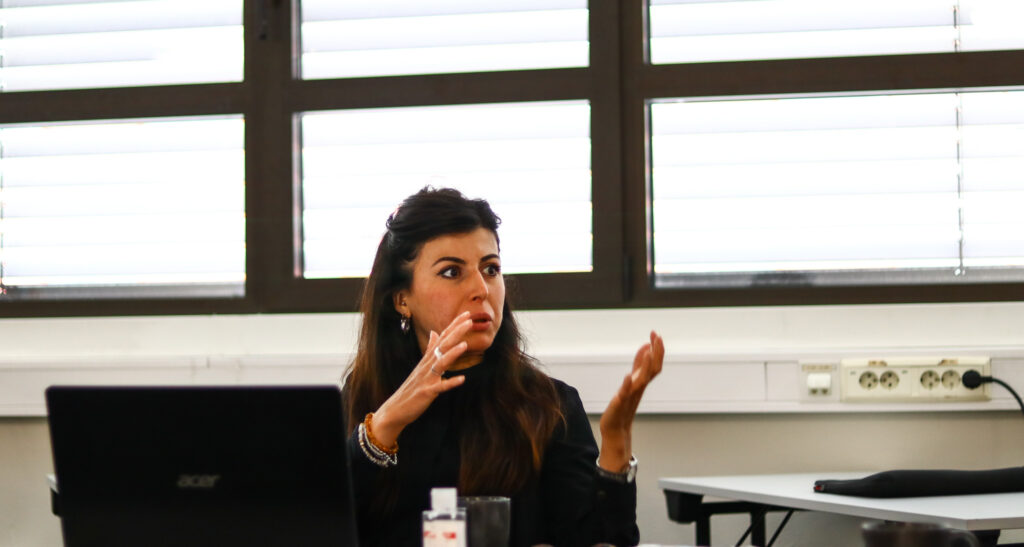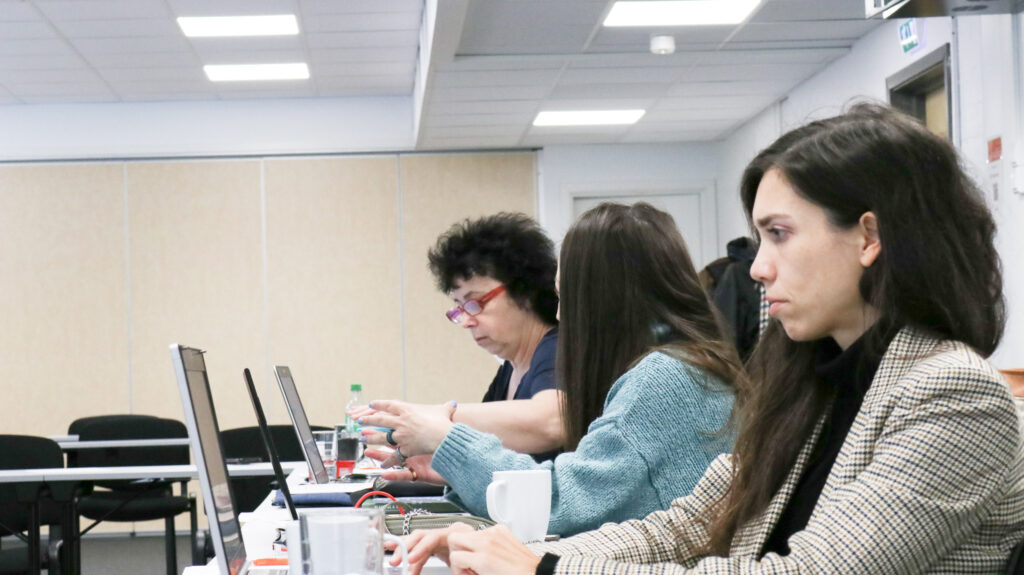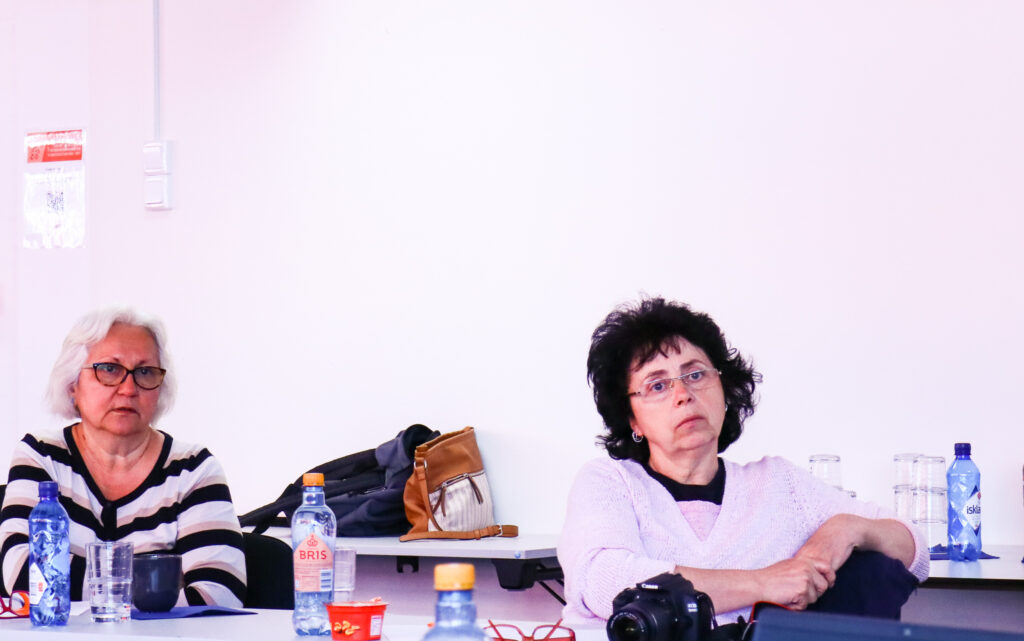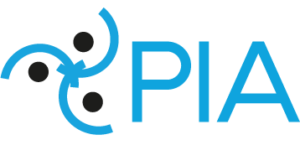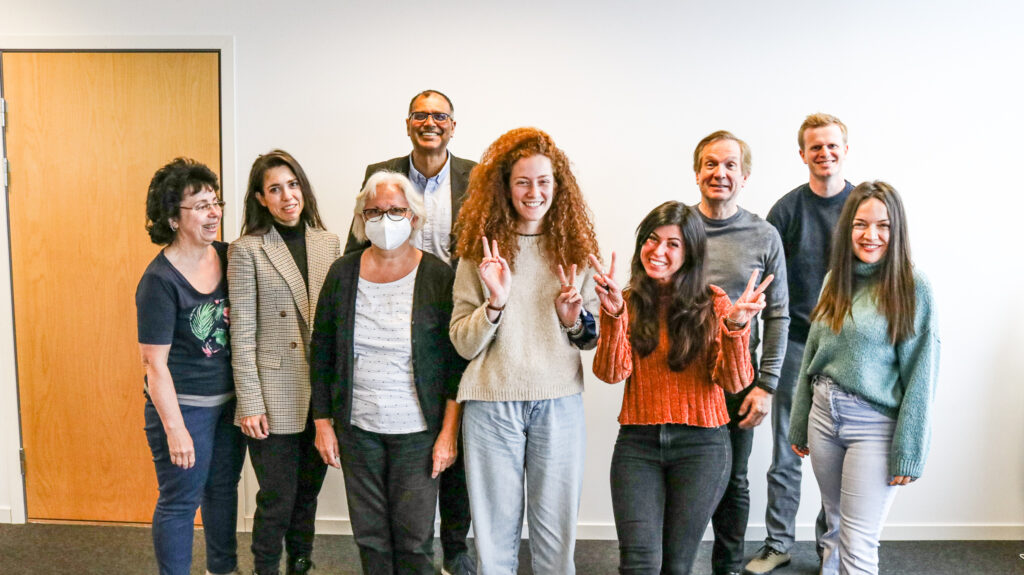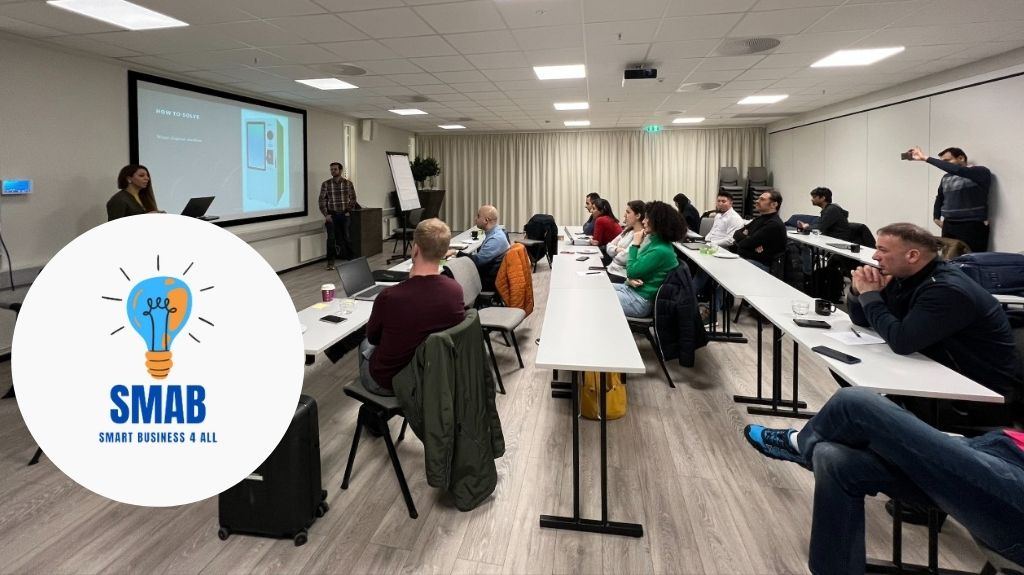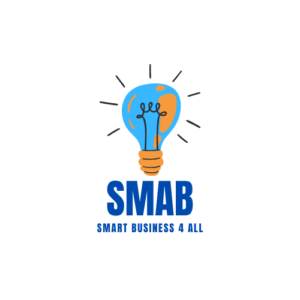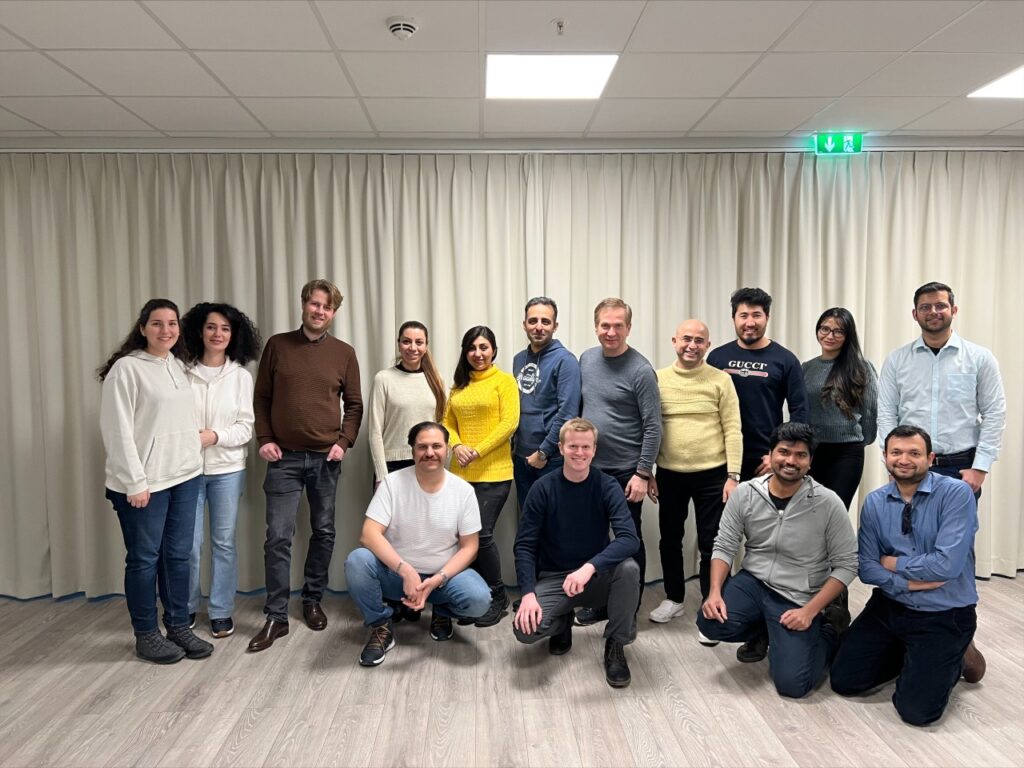Over the past 10 years, various training concepts have been developed for Peer Supporters (and similar) in several countries in Europe. Although there are different concepts and cultures, the core competence is built on experience. EX-IN in Germany has a training program for what they call experts through experience.
In March 2022, we met the boardmembers of EX-IN and we talked about their work, how the training they provide works and what kind of role and position peer support has in both Norway and Germany. In November KBT Vocational school went on a study tour to experience EX-IN’s teaching in practice.
Peer Supporters in Norway and Germany
The profession of Peer Support workers is fairly new in Europe, and still under development. There are different terms, as for example Peer support worker, peer supporter or expert through experience.
Although many have an idea of what the profession entails, there is still a long way to go before we have a common understanding throughout society. Everyone knows what a teacher or an engineer is, even though within the title they can have many different tasks, fields and ways of working. And the understanding of this is relatively similar almost wherever you are in the world.
Peer Support work becoming recognized as professional
In Germany it seems that Peer Support work is regarded as assistance, but not yet qualified as professional. With their training programme, EX-IN want to facilitate people to do their jobs as well as possible.
In Germany, there are strict rules for who can work in psychiatry, and it has only been a couple of years since Peer Support workers were recognized as a professional group that can work in the field.
In Norway, we know that Peer Support workers and Peer Supporters have a variation of different tasks, and that some almost have to create their own job description. Nevertheless, in Norway we have a lot of good things going on in the work to get the profession more established.
Pioneering work in both countries
Both EX-IN and the Norwegian training for Peer Supportare quite new and it needs a forward thinking and continous developing. An exchange of experience helps a lot in this work.
We discovered that EX-IN and KBT have many similarities in our training programme. For example that the students/course participants use their experiences actively during the training, through dialogue and group tasks. And that we believe that experience and profession must be in equal dialogue to get better services. Though we have different types of training programs.
May learn from each other even if we have different approaches
EX-IN’s courses consist of a lot of self-development, coping with life and learning how to use your experiences to help and support others with similiar experience. EX-IN don’t call it a Peer Support worker, but an “expert through experience”. In that sense, they equate them with professionals. They are experts through their experience, while the skilled worker is an expert through his professional competence.
When first consultant Anne and headmaster Karl Johan were on a study tour this autumn, they were able to take part in one of 12 training modules. In this way, they gained first-hand knowledge of how EX-IN’s teaching program works.
What did we learn from the experience exchange? What insights did we get?
Compared to the teaching at KBT Vocational School there seems to be a bit mote focus on diagnosis at EX-IN. That approach is different from the study program in the vocational school. Basic knowledge of diagnoses is one thing, but there’s a balance how to use it. Also timing for this is relevant. We want the resources found in each individual to be the focus, and not the labels. A trained Peer Support worker from KBT will not be a therapist in the clinical and traditional sense.
But there are of course lessons for us to learn from how course participants at EX-IN experience the training. The participants became much involved in the course and somehow forced them to get in touch with their story and to learn how to share it.
Also the personal presentation of their story and the background of diagnosis made it more believable and real. What we may learn from this is to gain inspiration for how to activate and involve our students personal experience in the lectures.
Similarities to our education was the use of activating the participants in groupwork and tasks. High focus on reflection based training and dialogue.
Why is international collaboration important to KBT Vocational School?
KBT Vocational school still has a distinctive education compared to what we know of other education and training programs. The higher vocational education for Peer Support Workers is not a life management course, though students do report on growth and selv-development. It seems to be meaningful.
There is a need to develop more pedagogy in the area of educating and training Peer Support workers. It is therefore essential to exchange experiences and knowledge across the field.
After 2 and a half years of teaching, KBT is og course still developing. By collaborating with others who offer various forms of training for experience consultants, we can exchange experiences to mutual benefit – not least for future students, and for Peer Support as a profession.

